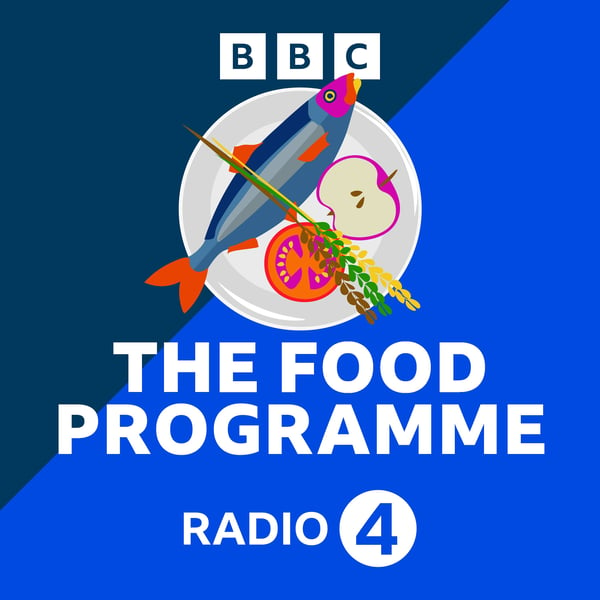Summary
Sheila Dillon looks behind the scenes of the world's largest and smallest pasta factories. It's a difficult time as wheat prices are high and so competition for grain is fierce.
Fires, droughts and speculation in the wheat market together with poor harvests of durum wheat is creating a rise in prices. Pasta producers all over the world compete for the best quality semolina, produced from the milled, high protein and low yielding durum crop.
John Dickie, Professor of Italian Studies at University College London, outlines the rise and rise of pasta making in Italy dating back to the Middle Ages. Sicily had a large scale pasta export business dating back at least 1000 years but it wasn't until Italy's economic boom of the 1960's that pasta became a truly national dish.
Reporter Dany Mintzman follows five tonnes of spaghetti as it travels along the production line of the world's largest pasta factory, owned by Barilla, a family owned business started in the 1870s.
Farmers in the UK used to grow durum wheat when it was an EU subsidised crop. Although it is best suited to hot and dry weather conditions a lot of it was then used by British companies producing dried pasta for the supermarkets. That is no longer the case and the last factory selling mass market pasta stopped production in 2001, unable to compete with the vast scale of the Italian producers.
However in Cornwall, one farmer, Charlie Watson-Smyth has spent the last two years trying to grow durum wheat and then turn it into pasta to sell in his farm shop. As reporter Dilly Barlow discovers it's been such a success that he's now supplying The Eden Project and restaurants around Padstow.
Produced by Dan Saladino.
Transcript
Click on a timestamp to play from that location
| 0:00.0 | You're about to listen to a BBC podcast and I'd like to tell you a bit about the |
| 0:03.8 | podcast I work on. I'm Dan Clark and I commissioned factual podcasts at the BBC. |
| 0:08.6 | It's a massive area but I'd sum it up as stories to help us make sense of the forces shaping the world. |
| 0:15.0 | What podcasting does is give us the space and the time to take brilliant BBC journalism |
| 0:20.0 | and tell amazing compelling stories that really get behind the headlines. |
| 0:23.7 | And what I get really excited about is when we find a way of drawing you into a subject |
| 0:28.3 | you might not even have thought you were interested in. |
| 0:30.2 | Whether it's investigations, science, tech, politics, culture, true crime, the environment, |
| 0:36.1 | you can always discover more with a podcast on BBC Sounds. |
| 0:39.7 | Hello, I'm Sheila Dylan and welcome to this BBC download of the Food Program. |
| 0:45.8 | For information on the BBC's terms and conditions of use, visit |
| 0:49.4 | W.W. dot BB.C dot co- |
| 0:52.5 | UK slash Radio 4. |
| 0:55.0 | And now enjoy the podcast. An old song recorded in Sicily in the 1950s sung to accompany the work that's gone on there for at least |
| 1:16.3 | a thousand years, threshing the Durham wheat, the grain that's essential to one of the |
| 1:21.8 | most widely traded foods in the world, pasta. |
| 1:27.0 | These days we tend to look rather forlornly at the packets of dried pasture on supermarket shelves and think that somehow this is a falling away from some great local tradition. |
| 1:41.0 | Durham wheat pasture is born as an industrial product for export. |
| 1:45.2 | It's dried, it can be transported, it's easy to cook, it lasts for a long time. |
| 1:50.0 | It's been a commercial enterprise from the outset. |
| 1:53.0 | Dried pasta is a simple food, basically flower and water, |
| 1:57.0 | but most can only be made well with one kind of wheat. |
... |
Please login to see the full transcript.
Disclaimer: The podcast and artwork embedded on this page are from BBC, and are the property of its owner and not affiliated with or endorsed by Tapesearch.
Generated transcripts are the property of BBC and are distributed freely under the Fair Use doctrine. Transcripts generated by Tapesearch are not guaranteed to be accurate.
Copyright © Tapesearch 2025.

